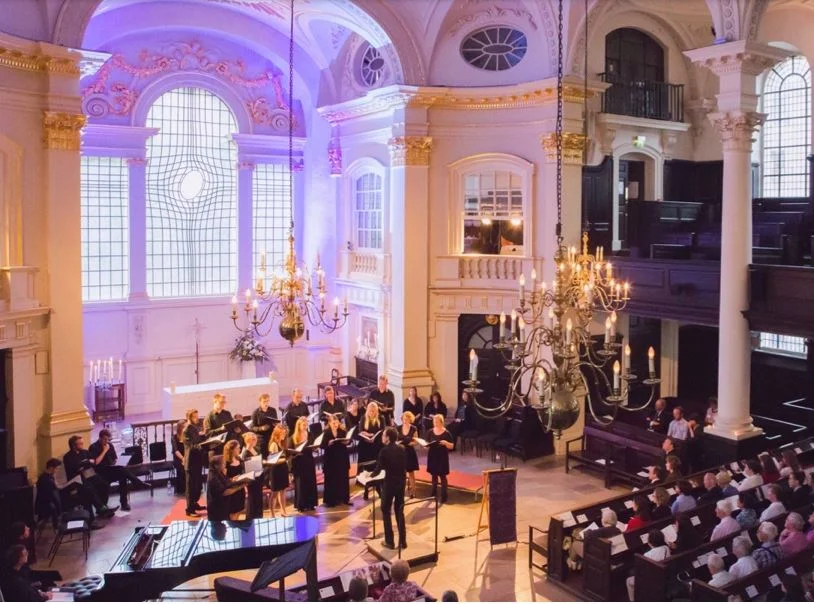Jonathan Kent’s production, based in Rome around 1800, is in its tenth (or is it eleventh) revival. This awkward two tier production has lasted well, but is now tiring. Surely it is time to invest in a new grand staging of this most famous of operas.
Welcome to Opera Spy
Here, I post my reviews and document my love of opera. I hope you enjoy it. Please feel free to comment on any of my posts or contact me if you wish to.
Have a nice stay!
David Buchler




















